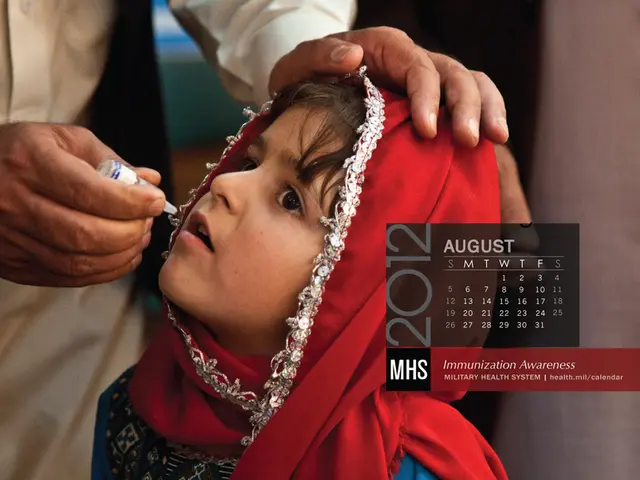Boosting tobacco taxation for supporting cancer treatment initiatives, advocacy organizations implore
In Kenya, non-communicable diseases (NCDs) such as cancer, diabetes, cardiovascular disease, and chronic respiratory illnesses account for nearly half of all hospital admissions and 39% of deaths, according to Ministry of Health data. This alarming statistic highlights the urgent need for action to address the rising burden of NCDs in the country.
One of the major challenges faced by cancer patients is financial strain. Prisca Githuka, founder of the Pink Heart Cancer Support Foundation, stated that many cancer patients struggle to access healthcare due to financial difficulties. The financial gaps within the Social Health Insurance Fund (SHIF) system exacerbate this issue, as essential cancer drugs are often out of stock at SHIF-accredited facilities, forcing patients to buy medication from private pharmacies at unaffordable prices.
The National Taxpayers Association has called for the excise tax on tobacco products to be increased to 70% or 75% of the retail price or total taxes. This recommendation aligns with the World Health Organization's Framework Convention on Tobacco Control, which suggests that excise tax on tobacco products should account for at least 70% of the retail price or 75% of total taxes. However, Kenya's excise tax share is currently below 20%, leaving a significant gap in funding for the health sector.
The lobby group argues that increasing tobacco taxes could be a game-changer for both prevention and care. Tobacco-related illnesses cost Kenya up to Sh97.6 billion annually in combined healthcare costs and lost productivity, according to a 2024 analysis. Higher taxes on tobacco products are argued to discourage tobacco use, reduce exposure to second-hand smoke, and generate predictable revenue for cancer treatment, universal health coverage, and NCD programs.
The health sector in Kenya is chronically underfunded, and the government is requested to address the rising burden of cancer and other NCDs. The National Cancer Control Strategy 2023-2027 requires Sh49.2 billion for full implementation, yet less than 10% of this amount has been consistently allocated. The current tobacco tax share of the retail price in Kenya is about 70%, and health lobby groups and cancer patients are advocating for an increase to at least 80% to reduce tobacco consumption and related health risks.
Kenya currently allocates only about three per cent of its total budget to health, far below the 15% commitment made under the Abuja Declaration of 2001. The Primary Health Care Fund received Sh4.1 billion against a requirement of Sh61 billion, and ECCIF was allocated just Sh2 billion despite a need for Sh107 billion in the current financial year.
The average cost of treating a single cancer case stands at about Sh3 million, a figure far beyond the reach of most Kenyan households. The lipa pole pole premium announced by President William Ruto to enable non-salaried Kenyans to pay their annual premiums is not effective for many patients due to financial strain and high cost of treatment.
Cancer patients say these funding gaps translate to real struggles, with many paying out of pocket for treatment and defaulting due to financial strain. Some patients are unable to access ECCIF funds at all due to unclear procedures, while others encounter system errors that mark their accounts as "expired" or "depleted" despite having paid valid premiums.
Tobacco smoking is high among adolescents and university students, with nearly a quarter of young people exposed to second-hand smoke at home and almost half exposed at the workplace. Kenyans are dying because the healthcare system they pay into is failing them, according to Prisca Githuka.
In conclusion, the crisis in Kenya's health sector, particularly in the management of NCDs, is a pressing issue that requires immediate attention. Increasing tobacco taxes could provide a significant source of funding for the health sector and contribute to the prevention and treatment of NCDs. The government must prioritize the health and well-being of its citizens by addressing the rising burden of NCDs and ensuring that the healthcare system is accessible and affordable for all.
Read also:
- Understanding Hemorrhagic Gastroenteritis: Key Facts
- Stopping Osteoporosis Treatment: Timeline Considerations
- Tobacco industry's suggested changes on a legislative modification are disregarded by health journalists
- Expanded Community Health Involvement by CK Birla Hospitals, Jaipur, Maintained Through Consistent Outreach Programs Across Rajasthan








